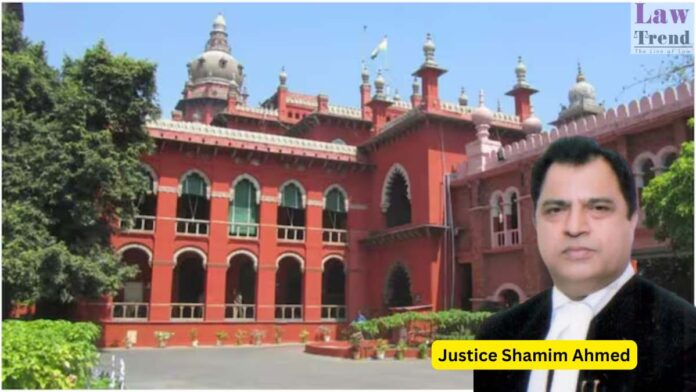The Madurai Bench of the Madras High Court, in a significant ruling, has held that an offence under Section 138 of the Negotiable Instruments Act, 1881 (NI Act) can be compounded at any stage, including during a revision proceeding, even after a conviction has been upheld by an appellate court. Justice Shamim Ahmed ruled that
To Read More Please Subscribe to VIP Membership for Unlimited Access to All the Articles, Download Available Copies of Judgments/Order, Acess to Central/State Bare Acts, Advertisement Free Content, Access to More than 4000 Legal Drafts( Readymade Editable Formats of Suits, Petitions, Writs, Legal Notices, Divorce Petitions, 138 Notices, Bail Applications etc.) in Hindi and English.




